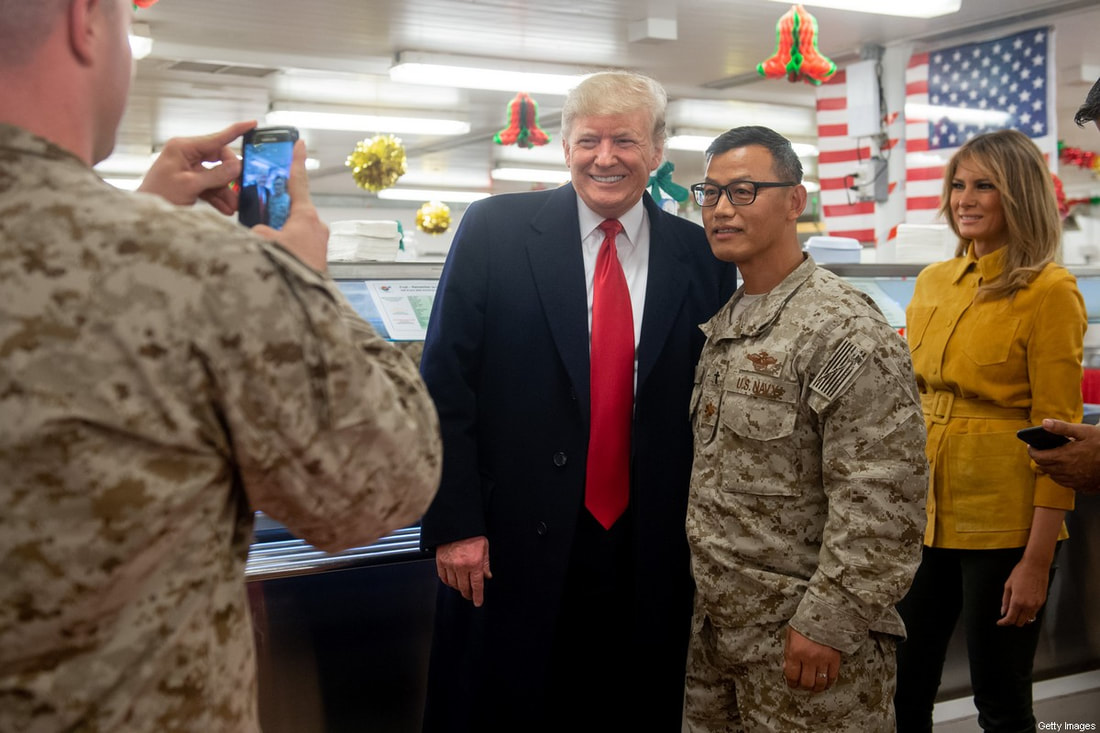France, Germany and Australia have also submitted requests to the joint special operations command to set up the withdrawal of their own forces from the country, the chair of the Iraqi parliamentary defence committee, Badr Al-Ziyadi, is reported to have said by Bloomberg.
“The next government is responsible for setting a timetable, whether for the exit of foreign forces or the presence of military bases in some areas, especially in the Kurdistan region,” added Al-Ziyadi. “There is no movement or sorties of the coalition forces at the moment.”
However, a correspondent for Israel’s state-owned Kan tweeted that a US official told him the reports were not accurate and that the US is “continuing our fight with the Iraqi military against [ISIS]”.
Velayati’s comments were made during a ceremony commemorating the 40th day after the assassination of Iranian general Qassem Soleimani of the Quds Force, which he said paved the way for the imminent US withdrawal from the region.
The deputy head of the Popular Mobilisation Forces, Abu Mahdi Al-Muhandis, was killed alongside Soleimani. Following mass demonstrations against the US military presence in Iraq, this prompted the Iraqi parliament to vote for the US to initiate plans for a withdrawal.
The US has rejected the request, with US Special Envoy to the anti-Daesh coalition, James Jeffrey, insisting that the agreement to station US forces is between Washington and the Iraqi government, not the parliament.
The new Iraqi Prime Minister, Mohammed Tawfiq Allawi, is currently supported by influential Shia cleric Muqtada Al-Sadr, who advocates an independent Iraq.
Iran also supports Allawi, who is working towards US withdrawal from Iraq, which would likely lead to stronger ties with Tehran and Damascus at the expense of Washington and its regional allies.
Although not popular with anti-government protestors, Allawi has pledged to work with the UN to implement their demands.
Source


 RSS Feed
RSS Feed